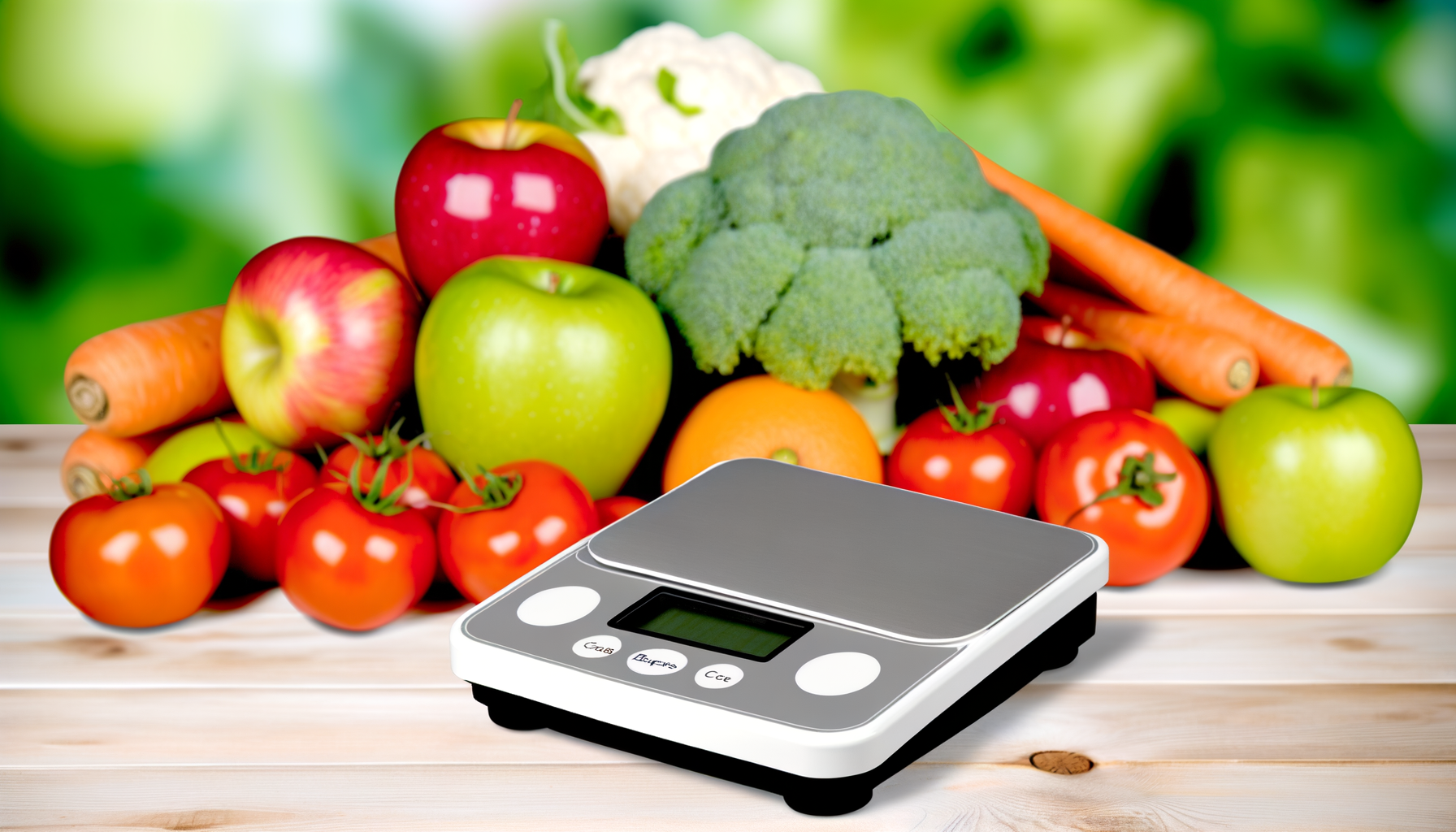Unlocking Weight Loss Success: The Crucial Role of Accurate Calorie Tracking
When it comes to achieving weight loss success, many factors come into play, but one of the most critical is accurate calorie tracking. Understanding and managing your calorie intake is not just a matter of counting numbers; it involves a deep dive into nutrition data and a consistent approach to monitoring your diet. In this comprehensive guide, we will explore the importance of accurate calorie tracking, how to implement it effectively, and provide real-world examples and case studies to illustrate its impact.
Understanding Caloric Deficit
The foundation of weight loss is creating a calorie deficit, which means consuming fewer calories than your body burns. This deficit can be achieved through a combination of diet and exercise. However, without accurate tracking, it’s easy to miscalculate and end up consuming more calories than intended, hindering your weight loss progress.
To understand your calorie deficit, you need to determine your daily calorie needs. This can be done using tools like the Calorie Calculator Cloud, which provides personalized calorie intake recommendations based on your age, weight, height, and activity level.
The Importance of Nutrition Data
Nutrition data is the backbone of accurate calorie tracking. It involves knowing the calorie and macronutrient content of the foods you consume. Here are some key points to consider:
- Calorie Content: Knowing the exact calorie count of each food item helps you stay within your daily calorie limit. Tools like nutrition labels and calorie tracking apps can provide this information.
- Macronutrients: Understanding the balance of carbohydrates, proteins, and fats in your diet is crucial. For example, proteins are more satiating and can help you feel fuller longer, which can aid in weight loss.
- Portion Control: Accurate portion sizes are essential to avoid overeating. Using measuring cups or a food scale can help you gauge your portions correctly.
Tools for Accurate Calorie Tracking
There are several tools available to help you track your calories accurately:
- Calorie Tracking Apps: Apps like MyFitnessPal and Lose It allow you to log your meals and track your calorie intake. These apps often have extensive databases of foods and their nutritional values.
- Food Diaries: Keeping a food diary can help you monitor your eating habits and identify patterns that may be hindering your weight loss. Writing down everything you eat can also help you stay accountable.
- Calorie Calculators: Online calorie calculators, such as the Calorie Calculator Cloud, can help you determine your daily calorie needs and provide personalized recommendations.
Real-World Examples and Case Studies
To illustrate the impact of accurate calorie tracking, let’s look at a real-world example:
Meet Sarah, a 35-year-old marketing executive who decided to lose weight after a health check revealed she was at risk for obesity. Sarah started by using a calorie tracking app to log her meals and snacks. She also began cooking at home more often, using recipes from websites like AllRecipes to ensure she was preparing healthy, balanced meals.
Within the first month, Sarah noticed a significant reduction in her weight. She had lost 5 pounds, which was a result of her consistent effort in tracking her calories and making healthier food choices. Here’s a breakdown of her approach:
- Setting Realistic Goals: Sarah set a goal to lose 1-2 pounds per week, which is a sustainable and healthy rate of weight loss.
- Creating a Meal Plan: She planned her meals in advance, ensuring she had healthy options available throughout the day.
- Tracking Progress: Sarah used progress pictures and weekly weigh-ins to monitor her progress, which helped her stay motivated.
- Adjusting Calorie Intake: Based on her progress, Sarah adjusted her calorie intake to maintain a calorie deficit. She used the Calorie Calculator Plans to get personalized recommendations.
Additional Tips for Effective Calorie Tracking
Beyond using the right tools, there are several strategies that can enhance your calorie tracking efforts:
- Stay Consistent: Consistency is key when it comes to calorie tracking. Try to log your meals at the same time every day to make it a habit.
- Be Accurate: Make sure to log everything you eat, including snacks and beverages. Even small amounts can add up and affect your calorie deficit.
- Stay Hydrated: Sometimes, thirst can be mistaken for hunger. Drinking water throughout the day can help you avoid unnecessary snacking.
- Avoid Liquid Calories: Beverages like soda and juice can be high in calories and sugar. Opting for water or low-calorie drinks can help you stay within your calorie limit.
The Role of Exercise in Weight Loss
While accurate calorie tracking is crucial for weight loss, it is not the only factor. Regular exercise plays a significant role in burning calories and maintaining muscle mass. Here are some exercise tips to complement your calorie tracking efforts:
- Incorporate Strength Training: Weightlifting can help you build muscle, which increases your resting metabolic rate, helping you burn more calories at rest.
- Stay Active Throughout the Day: In addition to structured workouts, try to stay active throughout the day by taking the stairs, walking to work, or doing household chores.
- Include Cardio Exercises: Activities like running, cycling, or swimming can help you burn calories and improve cardiovascular health.
Conclusion and Next Steps
Accurate calorie tracking is a cornerstone of successful weight loss. By understanding your calorie needs, using the right tools, and staying consistent, you can achieve your weight loss goals. Remember, it’s not just about the numbers; it’s about making sustainable lifestyle changes that include healthy eating habits and regular physical activity.
If you’re ready to start your weight loss journey, consider using tools like the Calorie Calculator Cloud to get personalized calorie intake recommendations. With the right approach and consistent effort, you can unlock the secrets to successful weight loss and achieve a healthier, happier you.








